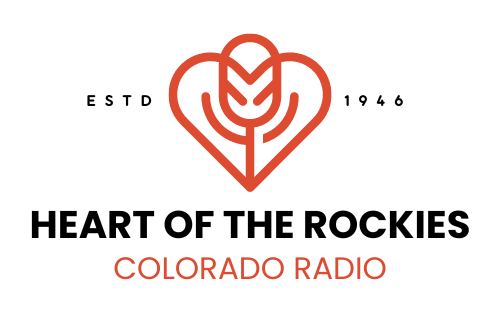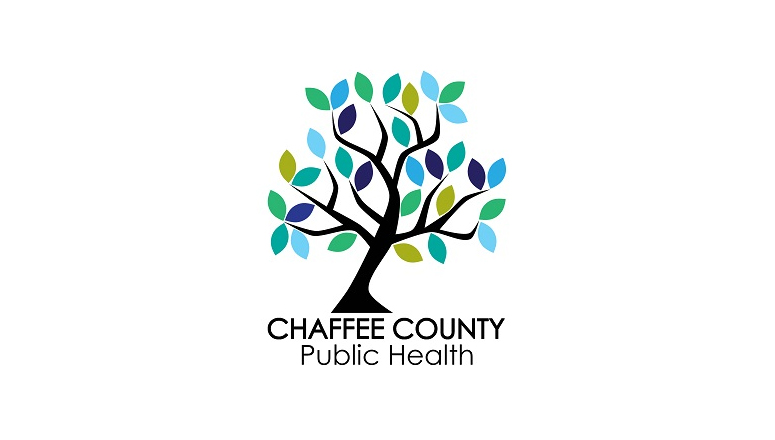Chaffee County, CO – Chaffee County Public Health (CCPH) is reporting an increase in pertussis cases
within the county. Chaffee County has had four confirmed cases of pertussis in the last month, though it
is possible that there are more cases of pertussis that have not been reported to CCPH because those
cases have not been formally tested for the disease. When CCPH receives a report of a pertussis case,
they work closely with the family to identify high risk family members and contacts who may be
recommended to receive antibiotic prophylaxis. If the individual with pertussis attends a school, CCPH
will also work closely with the school to determine who may have been a close contact and what
mitigation efforts might be necessary to prevent the spread of the disease.
Pertussis, otherwise known as whooping cough, is a very contagious respiratory illness. Pertussis starts
like a cold, with a runny nose, low grade fever and a mild cough. After about a week, intense coughing
fits may begin, which can last for minutes at a time. The coughing can be so severe that it causes
vomiting. A distinctive symptom of a pertussis cough is a high-pitched “whoop” sound that occurs when
inhaling after a coughing fit.
Treatment with antibiotics can make the illness less serious, and there is a vaccine to help protect against
pertussis. There are two vaccines that protect against pertussis. DTaP is recommended in infancy and a
booster dose before kindergarten. Tdap is recommended at age 11 and every ten years throughout the
life course, including during each pregnancy. While vaccination is the best way to prevent pertussis, both
vaccinated and unvaccinated people can get pertussis. CCPH regularly administers the pertussis vaccine.
To make an appointment, contact CCPH’s main office at 719-539-4510 during normal business hours.
Over the past few years, reports of pertussis cases were lower than usual, most likely due to the
precautions that were taken during the COVID-19 pandemic, such as masking and social distancing.
Colorado is now beginning to return to pre-pandemic pertussis trends, which is also true across the
United States. In Colorado, the number of reported cases on October 12th was five times as many as
reported at the same time in 2023, and the number of cases this year is higher than what was reported
in 2019 before the pandemic.
CCPH urges the public to contact their healthcare provider if they suspect they have pertussis due to a
significant and persistent cough, or respiratory symptoms after an exposure to a known pertussis case.
As a reminder, CCPH recommends following the Centers for Disease Control and Prevention’s guidelines
CCPH Vision: All people in Chaffee County have opportunities to achieve health and connected lives in a community
that embraces every aspect of health and wellbeing.
on what to do when someone is sick with a respiratory illness, keeping in mind that there is antibiotic
treatment and testing available for those who might be sick with pertussis.
“CCPH anticipates an active winter regarding pertussis and will likely be navigating various pertussis
outbreaks in the upcoming months. While the term “outbreak” might be triggering for some, especially
after coming off the heels of the COVID-19 pandemic, it is important that the public understands that the
definition of “outbreak” is: two or more cases involving two or more households clustered in time (such
as occurring within 42 days of each other) and either epidemiologically-linked or sharing common space
(such as in one building) where transmission is suspected to have occurred (such as a school). One case
in an outbreak must be lab confirmed (PCR or culture positive). CCPH will work closely with the
appropriate parties to respond to new cases and outbreaks,” says Andrea Carlstrom, CCPH Director




